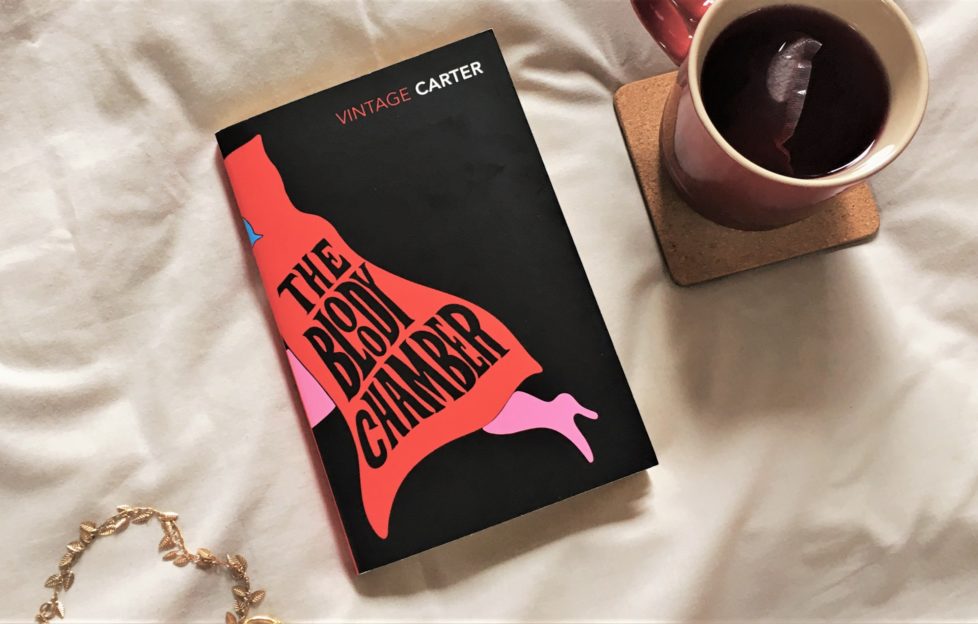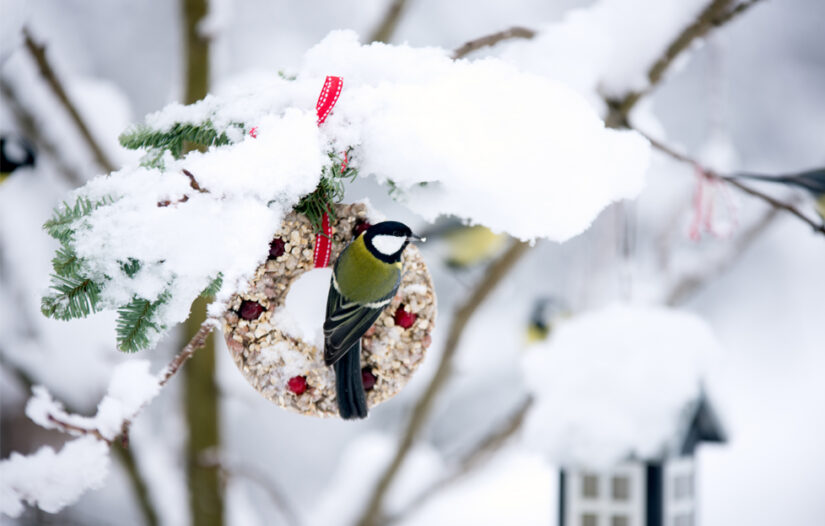
This is actually the second time I’ve read Angela Carter’s polarising short story collection, “The Bloody Chamber”.
The first time I read it was during a university course on fairy tales, and I absolutely hated it.
If the foreword of the edition I own is anything to go by, that’s a fairly common reaction.
I still don’t really know what it was about the stories. Possibly the fact that they’re somewhat shocking, possibly the sometimes flowery and over-the-top language. Personally, it could be that I just didn’t “get” them.
I did however, immediately go out and pick up more of Carter’s books, because I found something incredibly compelling about her writing.
Recently, I read Madeline Miller’s novel “Circe”, another book that’s been sitting on my “to read” list since Christmas.
It’s based, in part, on “The Odyssey”, amongst other Greek myths, and got me thinking about other “re-tellings” of famous stories I’ve read in the past (I’m a bit of an aficionado). And for some reason, “The Bloody Chamber” came to mind.
So, I decided that it’d been a couple of years, and I should give it another read, and see if my opinions had changed at all.
“The Bloody Chamber” is an anthology containing ten short stories, all inspired by famous fairy tales.
These are not re-tellings
The foreword insists these are not re-tellings or — heaven forbid — adult versions.
Instead, they’re short stories in their own right. And, in my opinion, they’re some of the most isolating, uncanny, baffling short stories I’ve read.
They’re also striking, rich and inventive.
They are, perhaps, familiar. If you’ve seen the Disney adaptation of “Beauty And The Beast”, you might see a shadow of the Beast in Carter’s Mr Lyon.
You might see Sleeping Beauty in “The Lady Of The House Of Love”, and certainly “The Snow Child” — the shortest of the stories — seems to have an obvious comparison.
Titular story “The Bloody Chamber” is the longest of the collection, based on the fairy tale “Bluebeard”.
In the early 20th century, a young Parisian piano player marries a rich older Marquis, and is swept off on a journey back to his ancestral castle.
Once there, the young bride is told that the whole house is her own, save one room which she is forbidden to enter.
Of course, when her husband leaves on a business trip the young bride is left to wrestle with her curiosity. And her husband’s dark secrets . . .
Elsewhere, a Russian countess — fallen from grace — is lost to a Tiger in a game of cards; a young man on a European tour happens across a lonely young lady in a castle wrapped in thorns; and wolves haunt the mountains of Bavaria.
Some of the stories stand stronger than others, in my opinion.
Some veer closer to the footprint of their folkloric precursors, for better or worse. It’s easy to get caught up in comparisons between them and “the originals”, but that is exactly what Carter rails against.
Shocking, thrilling, brilliant and awful
The stories are shocking, thrilling, brilliant and awful all at once.
Probably not to everyone’s taste, for sure.
Some of them I didn’t enjoy, even on my second time around. However, this time around I found the language gothic and enthralling rather than off-putting. They’re very visual and lyrical, and certainly imaginative.
Stand-outs to me were “The Werewolf”, which was short and sweet, but very evocative, and “The Lady Of The House Of Love”. It which was interesting and twisted, and reminded me of classic Victorian horror stories where the end leaves you with more questions than answers.
“The Bloody Chamber” is also well worth a read. As the longest story in the collection it is unsurprisingly well-developed, and comes to a very exciting conclusion.
Carter puts a new spin on the familiar tropes, and allows characters to reclaim the stories that have been told and retold in their various forms for centuries.
Back in the day, fairy tales were morality tales. An inventive way to instruct you to do or do-not.
With these stories, thought, Carter asks: why not leave the beaten trail and seek your own path?
Find “The Bloody Chamber” by Angela Carter on Amazon.
Read more book reviews from the “Friend” team, here.




